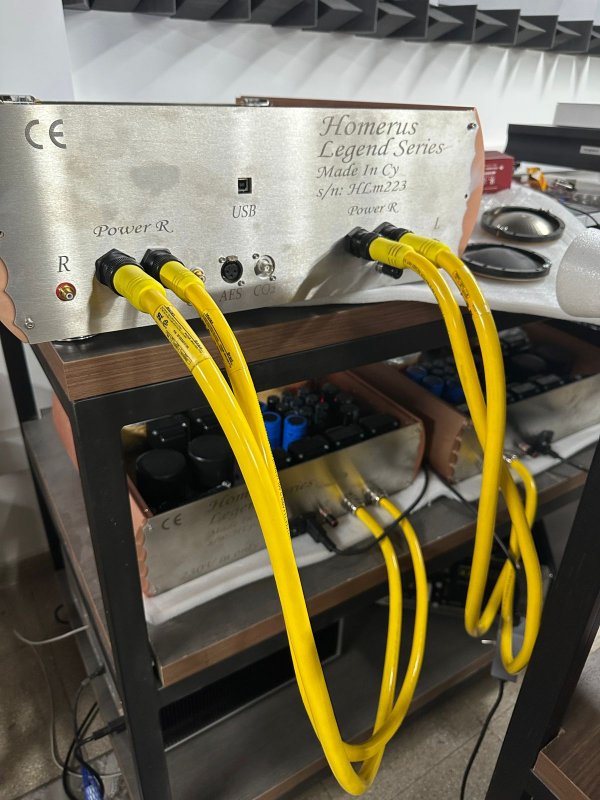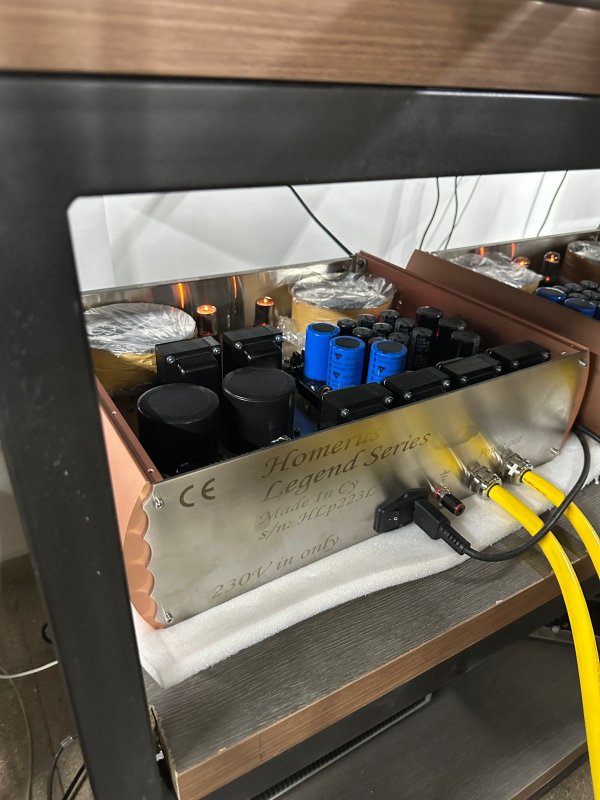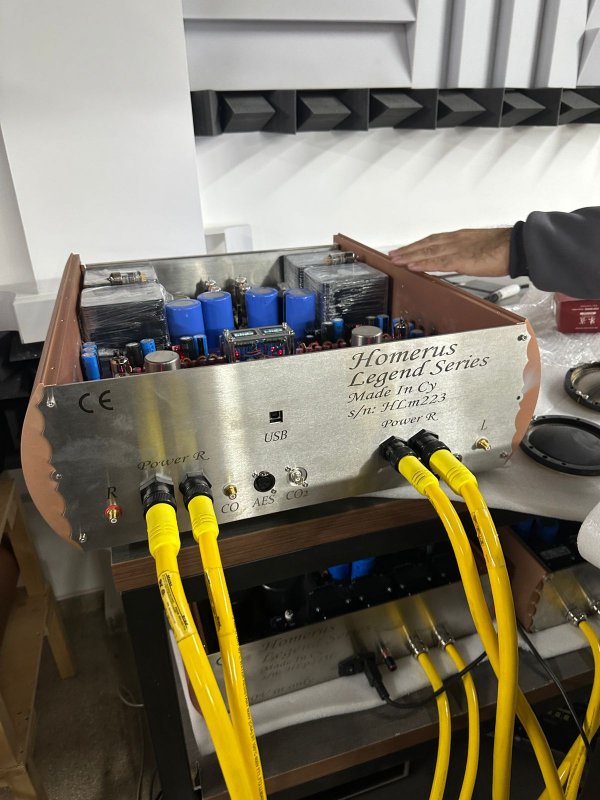I prefer to assess audio products in real-world settings, such as actual companies or my own listening space, rather than commenting on audio shows where several factors can potentially impact the audio systems' full potential. Therefore, audio show events are not a suitable standard for me to evaluate a system.
Although I appreciate the comparison made on this thread among various DACs, I suggest taking it with a grain of salt because it has its shortcomings. We are comparing different DACs with various cables and streamers, as well as time differences between each DAC, relying on audio memory, which can sometimes be unreliable.
I have invested countless hours testing various DACs, such as DCS Dacs, MSB Dacs, Lampizator Big 7, Aries Cerat Homerus DAC, Ithaka, Helene DAC, Aqua Acoustics, Chord Dave, Playback Design Dream Series, Audio GD Terminator, and several other DIY DACs. Although I consider myself a novice in the digital domain, I have familiarized myself with many DACs from different companies in this field.
Out of all the DACs I have tested, only a few have been completely fatigue-free, such as the Aries Cerat and the Playback Design. Both are significantly different in design, with the Playback Design utilizing internal converters to convert all incoming signals to DSD, and the Aries Cerat being a tube-based DAC with an over-engineered power supply and an extreme level of build quality but using ladder-based chips. Both DACs display a fine, smooth quality that can play poorly recorded files effortlessly and without fatigue, without losing transparency or dynamics. The flow just feels right, akin to experiencing the flow from an excellent analog turntable.
I am not familiar with WADAX, so I cannot comment on this DAC personally. Still, my friends' opinions in the industry are not so favorable when it comes to price versus performance comments.
Comparing one company's top-flight audio product to another company's lowest level DAC is unfair. Why not discuss each company's top-of-the-range offerings, including Aries Cerat's 230KG Homerus DAC, which utilizes two massive power supplies and an inverted triode output stage, versus the top-flight MSB DCS offering or the WADAX. I have no doubt that once this DAC is heard, it will make every other DAC seem expensive.
Even the Aries Cerat Ithaka DAC is significantly superior to the best of the best current MSB and DCS units, and the Homerus is just on a level not heard before and has to be a contender on this forum. With this particular DAC, I am sure it will give the Wadax a run for its asking price!
While I think Playback Design Dream Series should have been included in the mix, as to my ears, it is significantly superior to MSB or DCS. This one was missed out, and the OP should give this DAC a listen if he has the opportunity, as I believe he will be pleasantly surprised.
Although I do not intend to promote any products on this forum, I do enjoy sharing my personal opinions and experiences. I typically only take on distribution for audio products that I believe perform exceptionally well and that I would personally use myself. I do not rely on magazine reviews as I believe many of them are merely advertisements masquerading as reviews. It is important for me to share my genuine thoughts and feelings, even if they may be seen as biased due to my involvement in the industry.
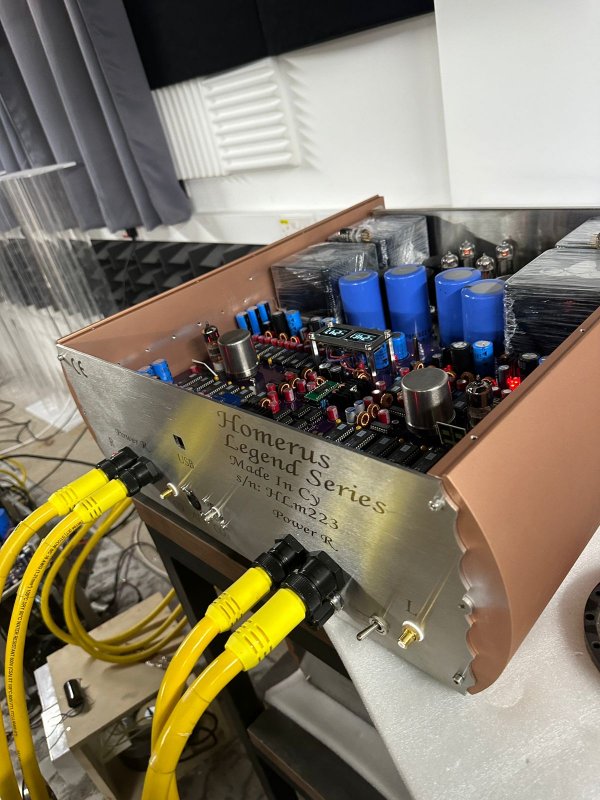
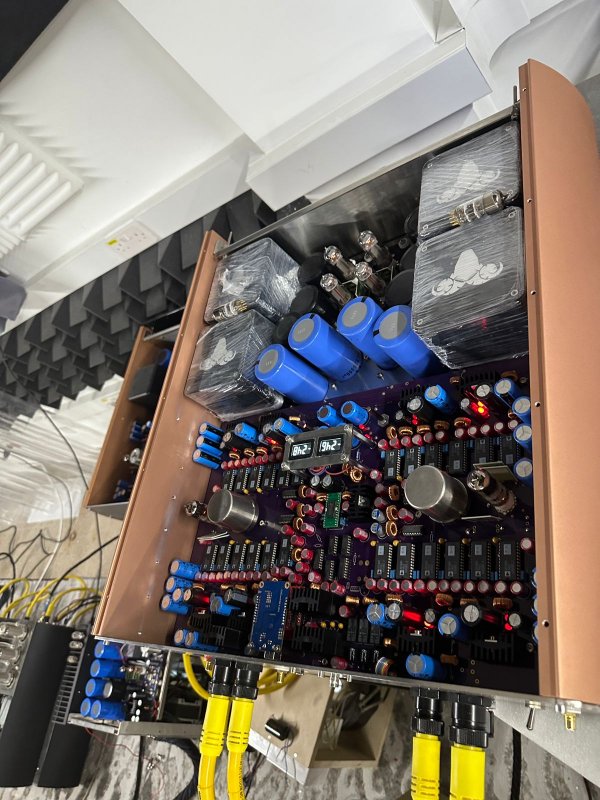
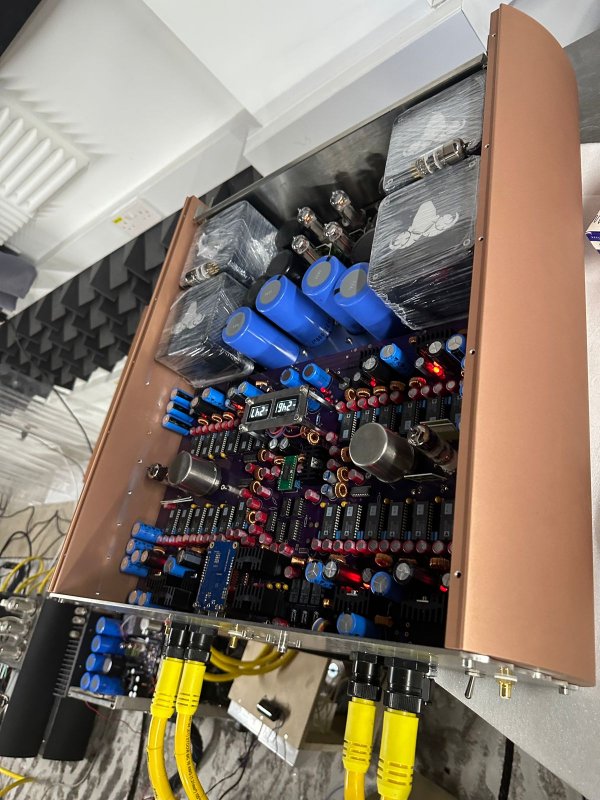
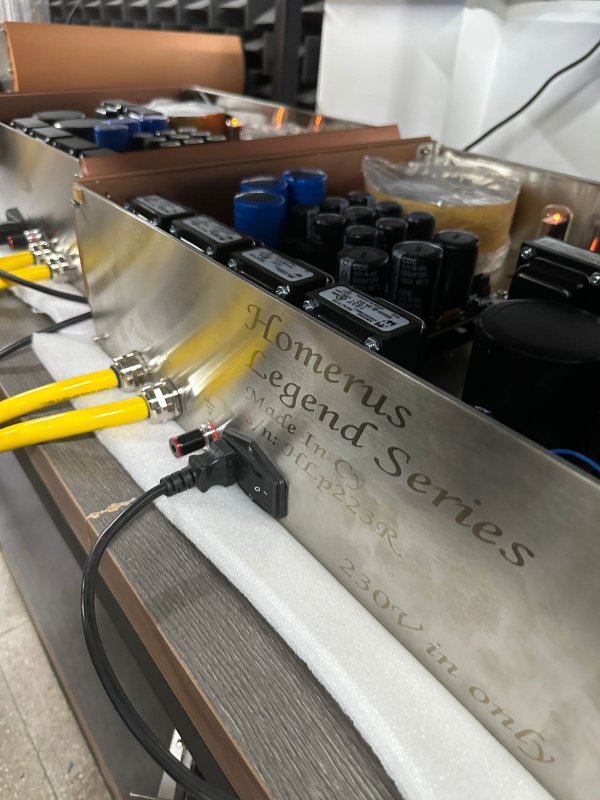
Although I appreciate the comparison made on this thread among various DACs, I suggest taking it with a grain of salt because it has its shortcomings. We are comparing different DACs with various cables and streamers, as well as time differences between each DAC, relying on audio memory, which can sometimes be unreliable.
I have invested countless hours testing various DACs, such as DCS Dacs, MSB Dacs, Lampizator Big 7, Aries Cerat Homerus DAC, Ithaka, Helene DAC, Aqua Acoustics, Chord Dave, Playback Design Dream Series, Audio GD Terminator, and several other DIY DACs. Although I consider myself a novice in the digital domain, I have familiarized myself with many DACs from different companies in this field.
Out of all the DACs I have tested, only a few have been completely fatigue-free, such as the Aries Cerat and the Playback Design. Both are significantly different in design, with the Playback Design utilizing internal converters to convert all incoming signals to DSD, and the Aries Cerat being a tube-based DAC with an over-engineered power supply and an extreme level of build quality but using ladder-based chips. Both DACs display a fine, smooth quality that can play poorly recorded files effortlessly and without fatigue, without losing transparency or dynamics. The flow just feels right, akin to experiencing the flow from an excellent analog turntable.
I am not familiar with WADAX, so I cannot comment on this DAC personally. Still, my friends' opinions in the industry are not so favorable when it comes to price versus performance comments.
Comparing one company's top-flight audio product to another company's lowest level DAC is unfair. Why not discuss each company's top-of-the-range offerings, including Aries Cerat's 230KG Homerus DAC, which utilizes two massive power supplies and an inverted triode output stage, versus the top-flight MSB DCS offering or the WADAX. I have no doubt that once this DAC is heard, it will make every other DAC seem expensive.
Even the Aries Cerat Ithaka DAC is significantly superior to the best of the best current MSB and DCS units, and the Homerus is just on a level not heard before and has to be a contender on this forum. With this particular DAC, I am sure it will give the Wadax a run for its asking price!
While I think Playback Design Dream Series should have been included in the mix, as to my ears, it is significantly superior to MSB or DCS. This one was missed out, and the OP should give this DAC a listen if he has the opportunity, as I believe he will be pleasantly surprised.
Although I do not intend to promote any products on this forum, I do enjoy sharing my personal opinions and experiences. I typically only take on distribution for audio products that I believe perform exceptionally well and that I would personally use myself. I do not rely on magazine reviews as I believe many of them are merely advertisements masquerading as reviews. It is important for me to share my genuine thoughts and feelings, even if they may be seen as biased due to my involvement in the industry.















